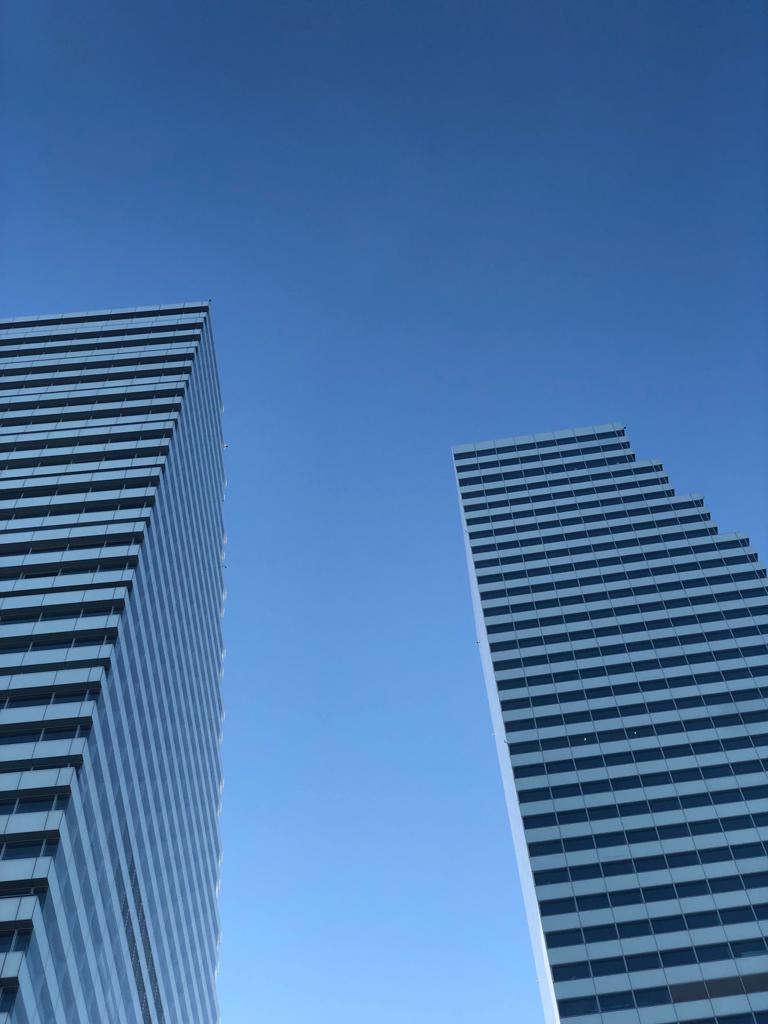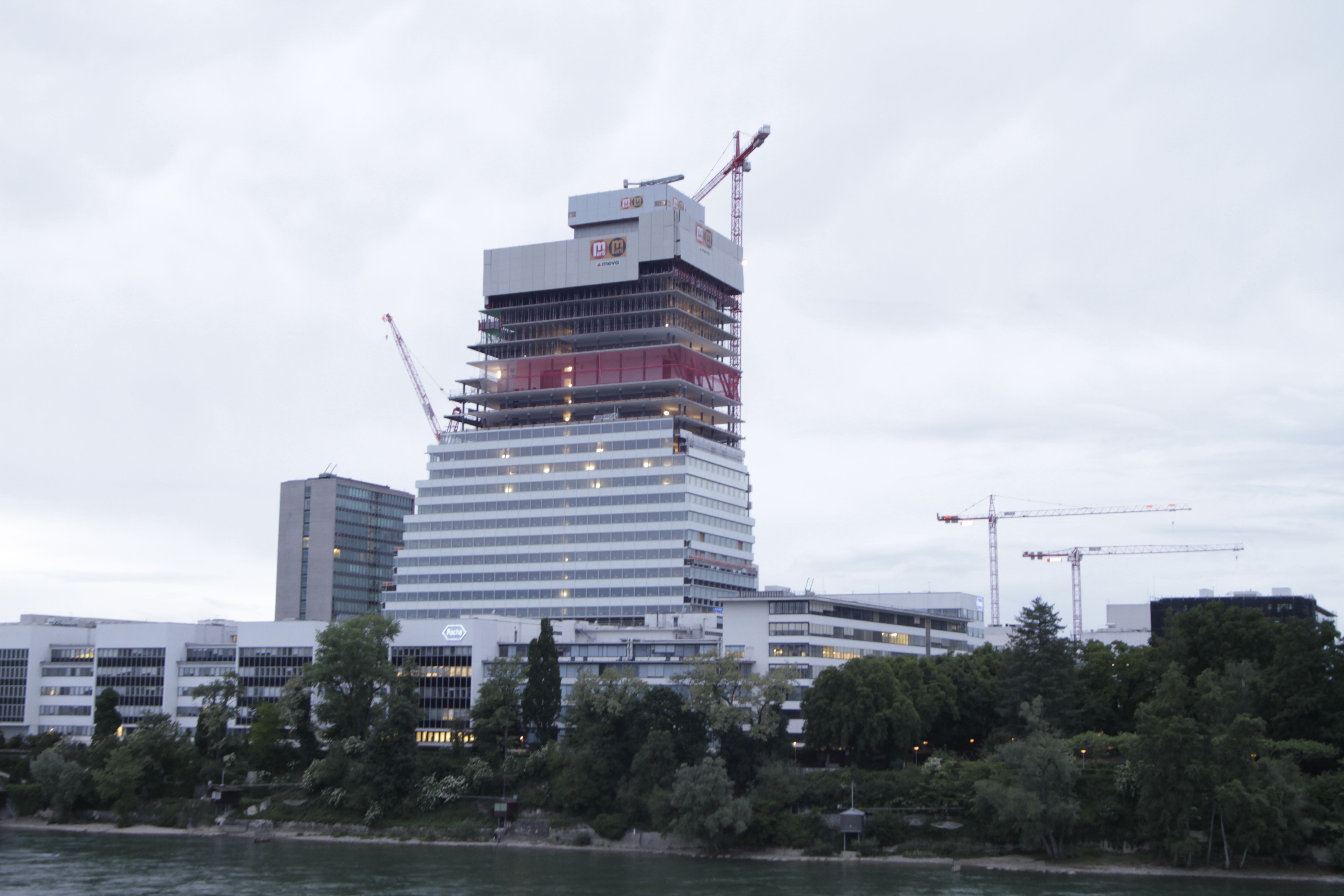Learning From Basel
Quirin Brunnmeier
Basel, probably the whole of Switzerland, is not easy to understand for someone from the outside. It is a small city that can feel very international. It has art and money, banks and huge pharmaceutical companies. There are small art spaces that feel anarchistic, but the streets are always clean. And once a year the global art elite comes to visit, and all the global billionaires and mega galleries mingle with the local billionaires and mega galleries. I have been to Basel more than a few times, but I have never lived there. Basel, to me feels like a friend I have known for quite some time, but actually do not know well at all. Basel still surprises me every time I visit. I am from Munich, where I write about art and organize exhibitions for young contemporary artists. When I come to Basel it is usually work related. I have smuggled art over the border in a van in both directions. The border, the actual border with police and customs, is always part of the experience.
You are in a different place. And this place has different rules which are unwritten, subtle and opaque. The people are always very friendly and polite, yet I sometimes get the feeling, I have done something unwittingly wrong. That I have broken a rule, I did not know existed. That keeps you on your toes.
My experiences with Basel are very much focused on the art scene, both established and informal. I have been to the art fairs of course but also to openings of artist run spaces and to the studios of artist friends. At the opening of a space in a former gas station I was talking to a youngish curator at one of the established museums. He confessed to me, that he thought he missed his opportunity to become great in his field and it seemed, he almost felt stuck in his probably well-paid position. I do not know if this can be attributed to the city or the ways things work in Switzerland, but it felt like he was describing his own golden cage. But maybe it was just the normal melancholy that people develop when they eventually get older. In 2019, the management consulting firm Mercer ranked Basel alongside Zurich and Geneva as one of the ten cities with the highest quality of life in the world.
But that night as I was walking home to my expensive hostel, a can of Feldschlösschen in my hand, for the first time I really perceived these two huge buildings looming over the city. The Roche Towers dominate the silhouette of the city in a way that seems almost unreal. But to me they are also indicators of a side of Basel that is even more unreachable, mysterious and intimidating.

When you talk to people, you notice references to the “prominent Basel families” that have their own collections and fund much of the cultural life of the city. They apparently control foundations with gigantic fortunes that make the city what it is. I have been invited by Roche twice to review exhibitions at their Museum Tinguely. These press trips have been carefully planned and executed. Considering the online magazine I was writing for I more than once thought they had mistaken me for someone else.

Although it sounds like a cliché, Basel is really in the heart of Europe. I have traveled by tram from Germany through the city to the French border. Basel, to me is both unknowable and open. Big and small at the same time. Although I will probably never completely understand it, it has always felt welcoming.